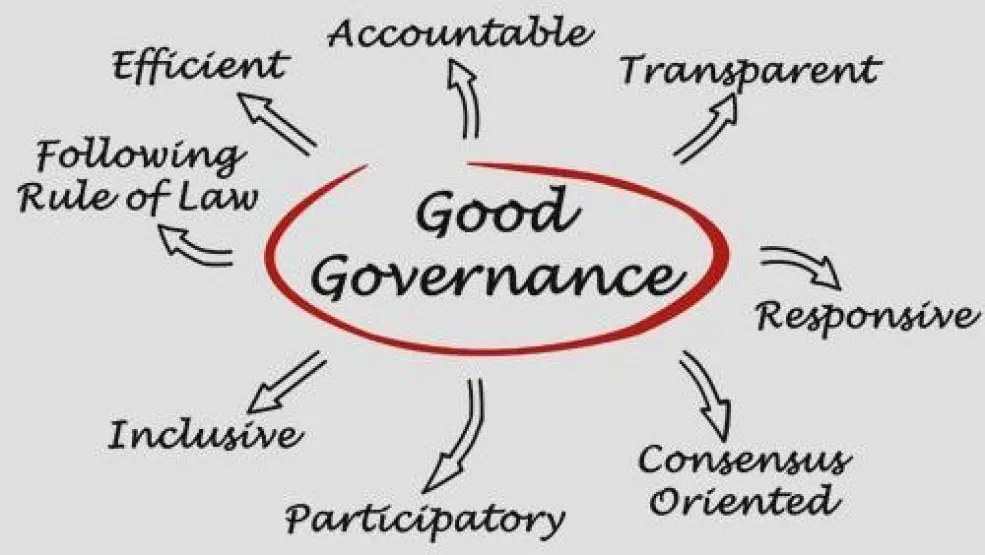Nawaz Farid
Constitutional supremacy is crucial for a federal state and its governance because it establishes a framework of laws and principles that serve as the foundation for the functioning of the government and the rights of its citizens. It ensures that no individual or entity is above the law and that all actions and decisions must align with the provisions set forth in the constitution. This helps in maintaining order, stability, and fairness within the government, as well as in society as a whole. Additionally, constitutional supremacy provides a clear set of guidelines for the distribution of power among different branches of government, preventing any one branch from becoming too dominant. Ultimately, it promotes accountability, protects individual freedoms, and fosters a system of checks and balances that is essential for a well-functioning federal state.
The importance of constitutional supremacy and the rule of law cannot be overstated in a democratic society. However, in Pakistan, these fundamental principles have predominantly been used as political rhetoric rather than being upheld in practice. The current leadership often asserts its commitment to constitutional supremacy while simultaneously grappling with a crisis of constitutional validity, exacerbated by self-inflicted challenges and legislative maneuvers purportedly aimed at upholding the constitution and the rule of law.
Since assuming power, the coalition government has pursued constitutional amendments primarily serving its own interests and those of its supporters, rather than prioritizing the welfare of the populace. Rushed legislative efforts have been met with constitutional conflicts, yet the government persists in its determination to enact laws despite lacking a majority. The value of each parliamentary vote has been inflated, and extensive efforts are underway to secure support while appeasing dissenting voices. Both the President and Prime Minister are deeply invested in this issue, recognizing its pivotal role in advancing their government’s agenda.
Although the government seeks to fortify its position with the backing of its supporters, it faces resistance from the opposition, particularly from Maulana Fazlur Rehman, who has unequivocally refused to endorse any constitutional amendments and remains steadfast in his opposition. The government is cautiously strategizing to secure the necessary votes, even as it explores alternative avenues should its efforts encounter potential roadblocks. However, the veracity of the assurances made during these negotiations remains uncertain, awaiting the test of time.
In the midst of the country’s political and economic turmoil, the persistence of the constitutional and legal crisis threatens to exacerbate existing challenges. It is imperative for the government to refrain from manipulating the constitution and the law, avoiding the imposition of its will against the minority. Cautionary advice from figures like Shahid Khaqan Abbasi has been disregarded, as the government remains fixated on adhering to the directives of its benefactors, potentially leading to adverse consequences.
The government’s failure to learn from the opposition’s current predicament and past mistakes underscores a concerning lack of introspection and foresight. The recurrent disregard for constitutional supremacy and the rule of law raises pressing questions about the trajectory of the nation.
The way forward for the progress and prosperity of Pakistan hinges upon upholding the supremacy of the constitution and the law, with every segment of society recognizing its subordination to these foundational principles. A collective commitment to preserving the constitution and the rule of law, free from personal interests, is imperative. Failure to do so risks perpetuating conflict, as no individual or entity should be exempt from the dictates of the constitution and the law. Only by steadfastly adhering to these principles can Pakistan navigate its political, economic, and administrative challenges, paving the way for a brighter future.
















